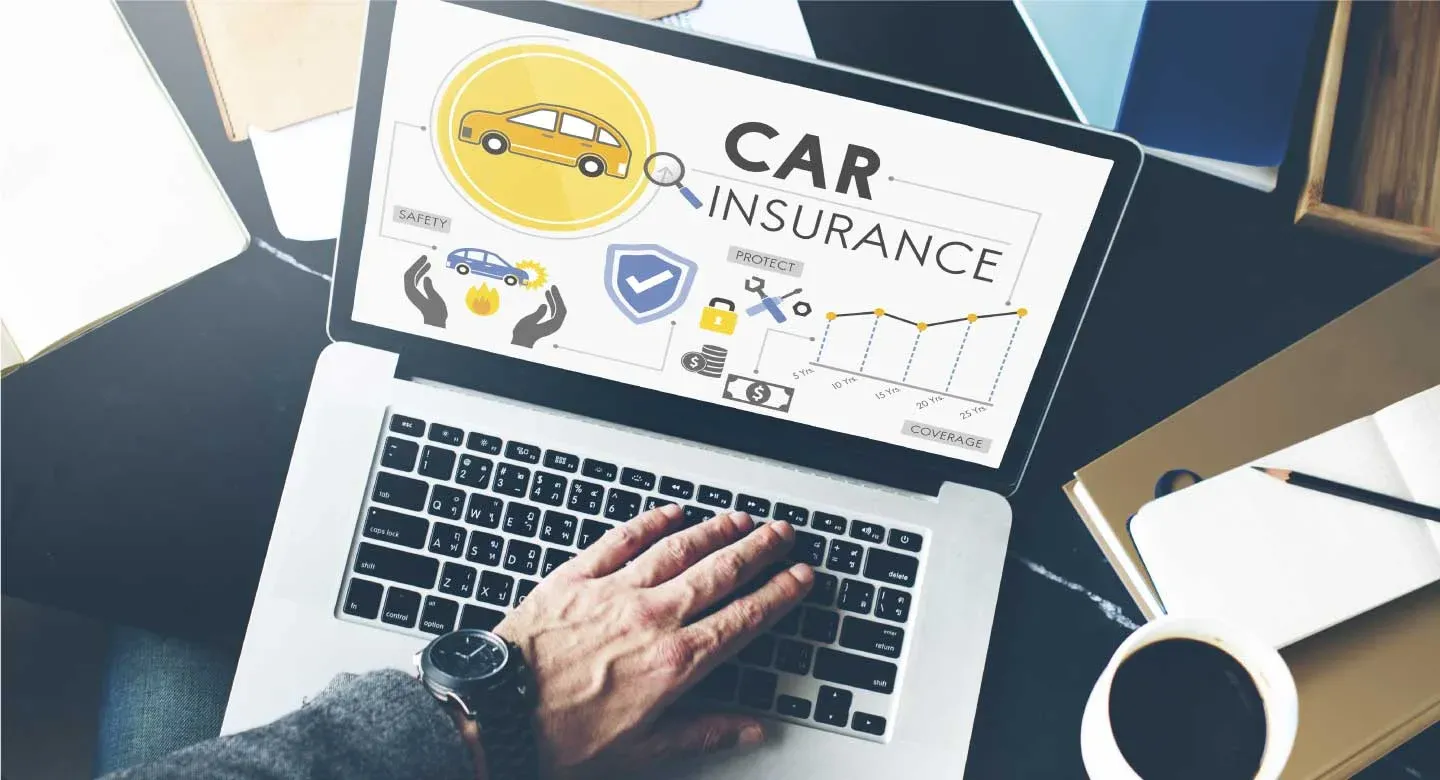Understand what third-party insurance covers and its implications. Learn why it's essential to consider comprehensive coverage options.
What happens when you only have third-party insurance?
Third-party insurance coverage, mandated for every vehicle owner as per the Motor Vehicle Act of 1988, is the most basic form of car insurance. If, while driving, you accidentally damage a third party's property or cause bodily injury to a third-party person, you will be liable to cover the costs of their damage. With third-party coverage, it is your insurer who bears the cost of the damage. However, this coverage is limited and could potentially leave you with a significant financial burden if your own car is damaged in an accident. This is especially concerning if you drive regularly or are planning to buy a new car.
In the unfortunate event of a road accident, your insurer will step in and cover the significant financial damages, providing you with a sense of security and protection. Under the third-party car insurance damages of up to INR 7.5 lakhs can be covered by your insurance company. However, if you do not have third-party liability coverage, you can only be sued by the third party, and you will have to bear the damages from your pocket. Apart from this, you may also be in legal trouble for not fulfilling this government mandate.
While third-party coverage is crucial, it is important to note that investing only in third-party car insurance might be inadequate. Such a policy only covers the damages/ losses of the third party. You do not have any protection for your own vehicle. Take a look at what happens when you only have third-party insurance:
Despite paying the premium, your own damages to your vehicle are not covered. You will bear the cost of repairing your car.
You will not be able to get any add-on features for your car. Most insurance providers offer a long list of add-ons like Depreciation cover, Return to Invoice and Roadside assistance on the own damage car coverage. However, with third-party insurance, you will not be able to get any of these.
When you only have third-party cover, you will not be able to get an NCB. An NCB, or no-claim bonus, is a discount that your insurer offers you in case you do not make a claim in a policy year.
Cashless repair is another advantage that you can enjoy when you invest in a comprehensive car insurance policy. At a network garage, you do not have tp pay hefty bills, but only the uncovered expenses if any. This is just one of the many benefits of comprehensive car insurance, which also includes coverage for your own vehicle's damages, add-on features, and the potential for a no-claim bonus, making it a more comprehensive and protective option compared to third-party insurance.
Conclusion
Third-party insurance coverage is mandatory for your vehicle as per Motor Vehicle Act, 1988. Because of the limited coverage, you may find yourself in a difficult situation in case your own car is damaged in an accident, especially if you drive regularly or are planning to buy a new car. So, we hope to have answered your queries, such as:
Is third-party insurance enough for a new car?
What happens when you only have third-party insurance?
While it is the minimum required coverage, investing in a comprehensive car insurance plan will be a much more viable and practical option.

Get Quick Quote


